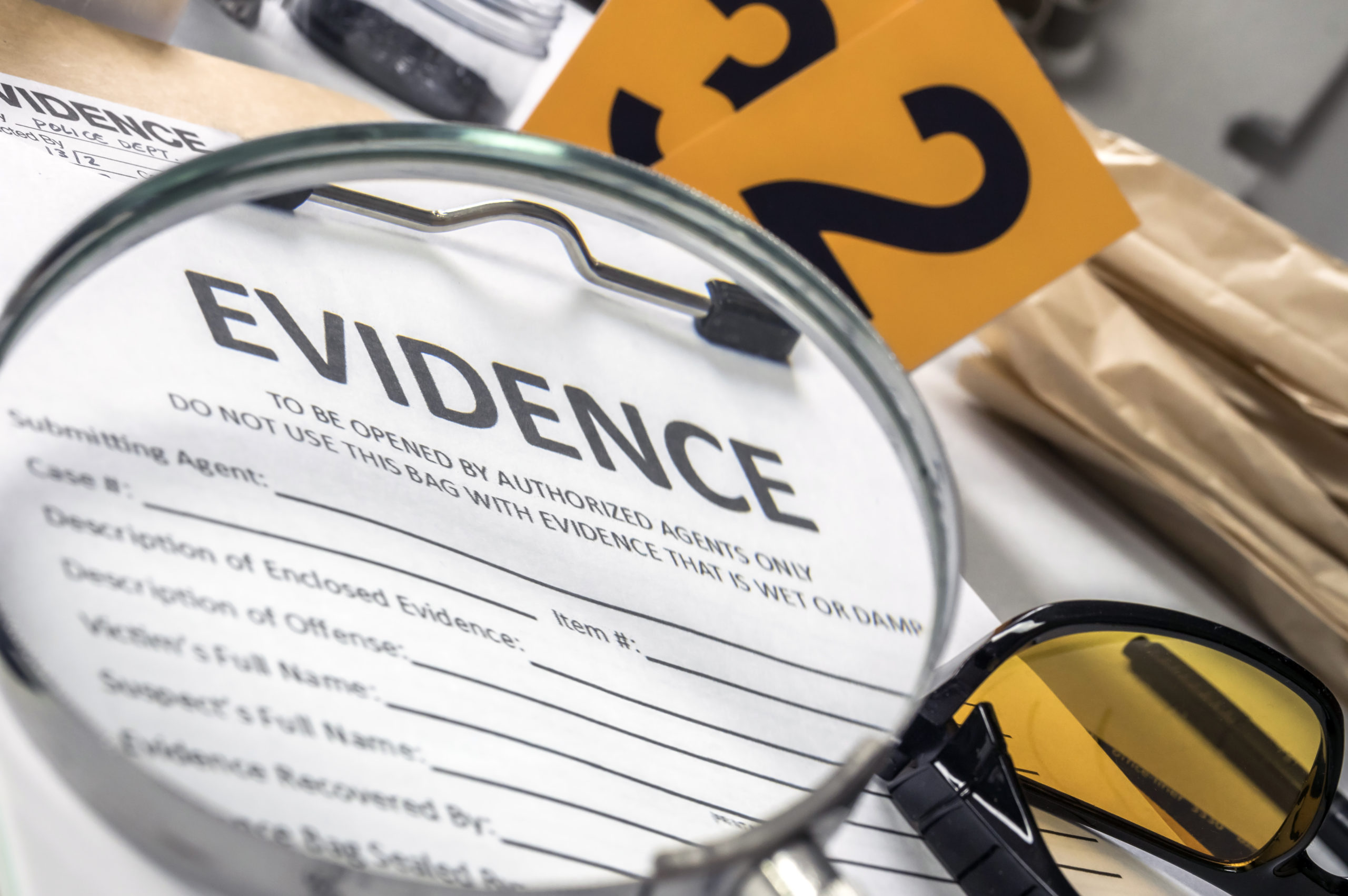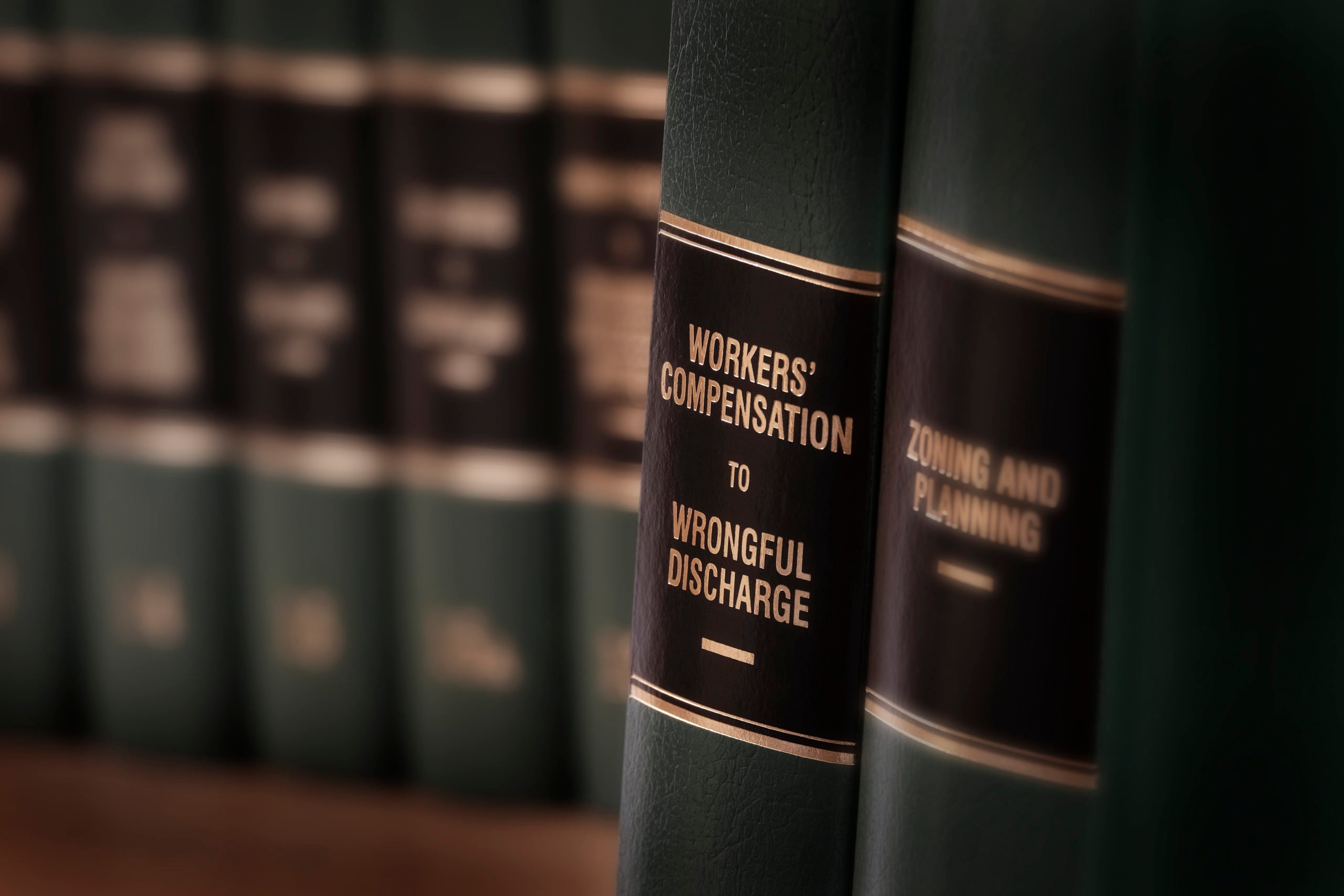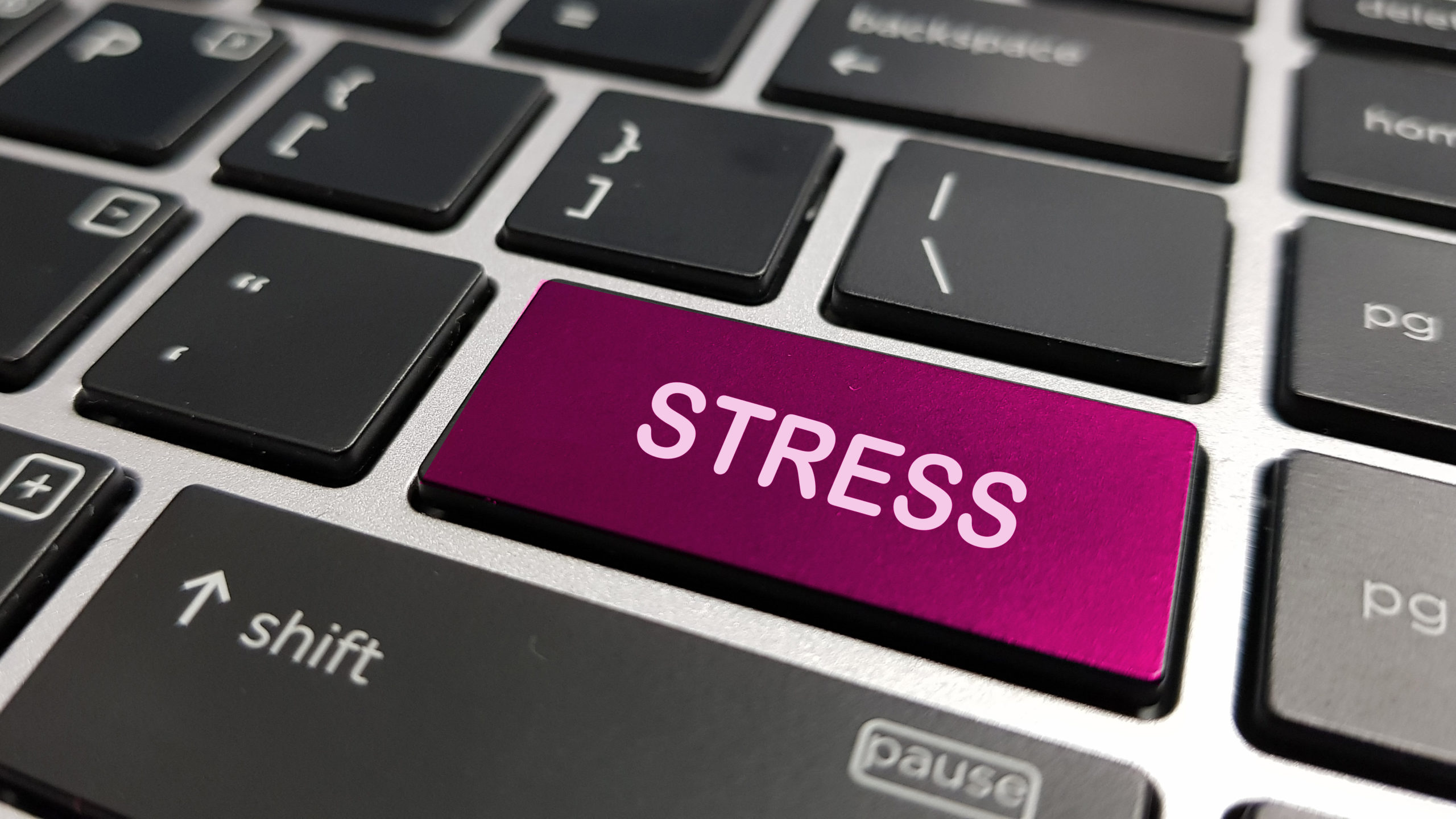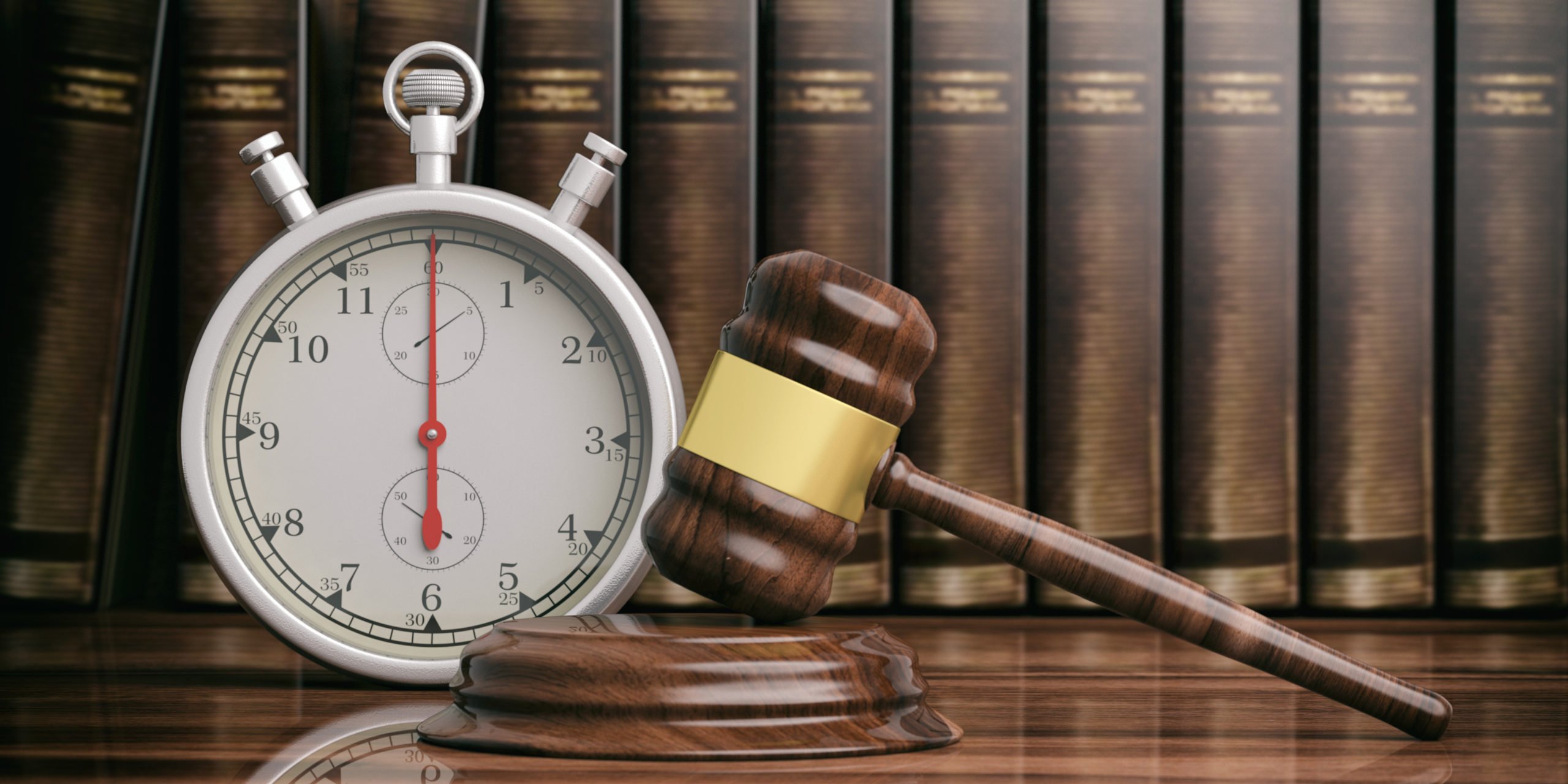During the day, American television is packed full of reality shows that depict the unfolding of a courtroom drama. From settling divorces to gaining custody of a lost pet, you can sit enthralled in your chair for hours on end watching the suspense of American court TV. However, one television show trumps them all when it comes to presenting legal drama.
The show is called The People’s Court.
Whether Judge Wapner or Judge Milian oversees The People’s Court, you can expect to be entertained from the opening gavel to the verdict issued by the judge. In the world of workers’ compensation in California, there is no opening gavel, but there is a verdict issued by an employer and its insurance company.
If you are not happy with the decision made by your employer concerning a workers’ compensation claim, you have the right to reach a settlement.
Submit an Application for Adjudication of Claim
The settlement phase of a workers’ compensation claim involves filing an Application for Adjudication of Claim with the California Workers’ Compensation Appeals Board. You have one year to file an Application for Adjudication of Claim from one of the following dates.

- The date of the injury
- The date medical care concluded
- The last date you received financial benefits
The California Workers’ Compensation Appeals board gives your case a number and a date of filing to initiate the settlement phase of the workers’ comp process. If you hired an attorney to handle your workers’ comp claim, both you and your lawyer should receive a copy of the filed request for settlement.
Exchanging Evidence
Although filing a request for a workers’ compensation settlement does not resemble the criminal trial process, there are some similarities. Both parties engage in the discovery step of the process by exchanging evidence, most of which is medical in nature. Exchanging evidence must be done before a settlement can be reached between you and your employer. After exchanging evidence, it is up to you and your workers’ compensation lawyer to move on to the hearing stage of the settlement process. For this to happen, your attorney must file a document that is referred to as the Declaration of Readiness.
Trying to Settle Your Claim
The primary goal of reaching a settlement for workers’ comp benefits is to settle any disputes before the case goes before the California Workers’ Compensation Appeals Board. The board will schedule a Settlement Conference within 30 days of receiving the Declaration of Readiness form. An arbiter presiding over the process should try to encourage a settlement between you and your employer. The evidence exchanged before the settlement hearing plays a pivotal role in determining whether you and your employer can avoid further legal wrangling.
If you and your employer cannot agree to a settlement, both parties must file pre-hearing statements that include the following information.
- Issues involved in the dispute
- Both party’s proposed disability rating
- Exhibits both parties plan to introduce as evidence
- Names of witnesses to testify
Attending the Settlement Hearing
If you and your employer cannot reach a settlement agreement, then a hearing must be scheduled within 75 days after filing the Declaration of Readiness form. During the hearing, a judge representing the Workers’ Compensation Appeals Board reviews several types of evidence.
- Testimony delivered by you
- The testimony of witnesses
- Reports submitted by a Qualified Medical Evaluator (QME)
- Reports submitted by physicians
- Hospital records
- Permanent and Stationary (P&S) report
- Vocational expert reports
- Other documents ruled admissible by the judge
Work with a California Employment Lawyer
If you want to settle with your employer regarding a workers’ compensation claim, you should hire an employment attorney who has plenty of proven experience representing clients in front of a settlement judge. The judge presiding over your case has 30 days after the hearing ends to issue a decision. However, the judge’s decision is not binding, which means you can file an appeal if the decision is not in your favor.
Working with a California employment lawyer is also a good idea because an attorney knows how to gather and organize the medical documents you need to present a persuasive case. Your attorney can speak with witnesses to corroborate your version of events, especially when it comes to the treatment you received immediately after the incident that caused you harm.
Schedule a free case evaluation with a California workers’ compensation attorney to determine whether you should settle a claim with your employer.





